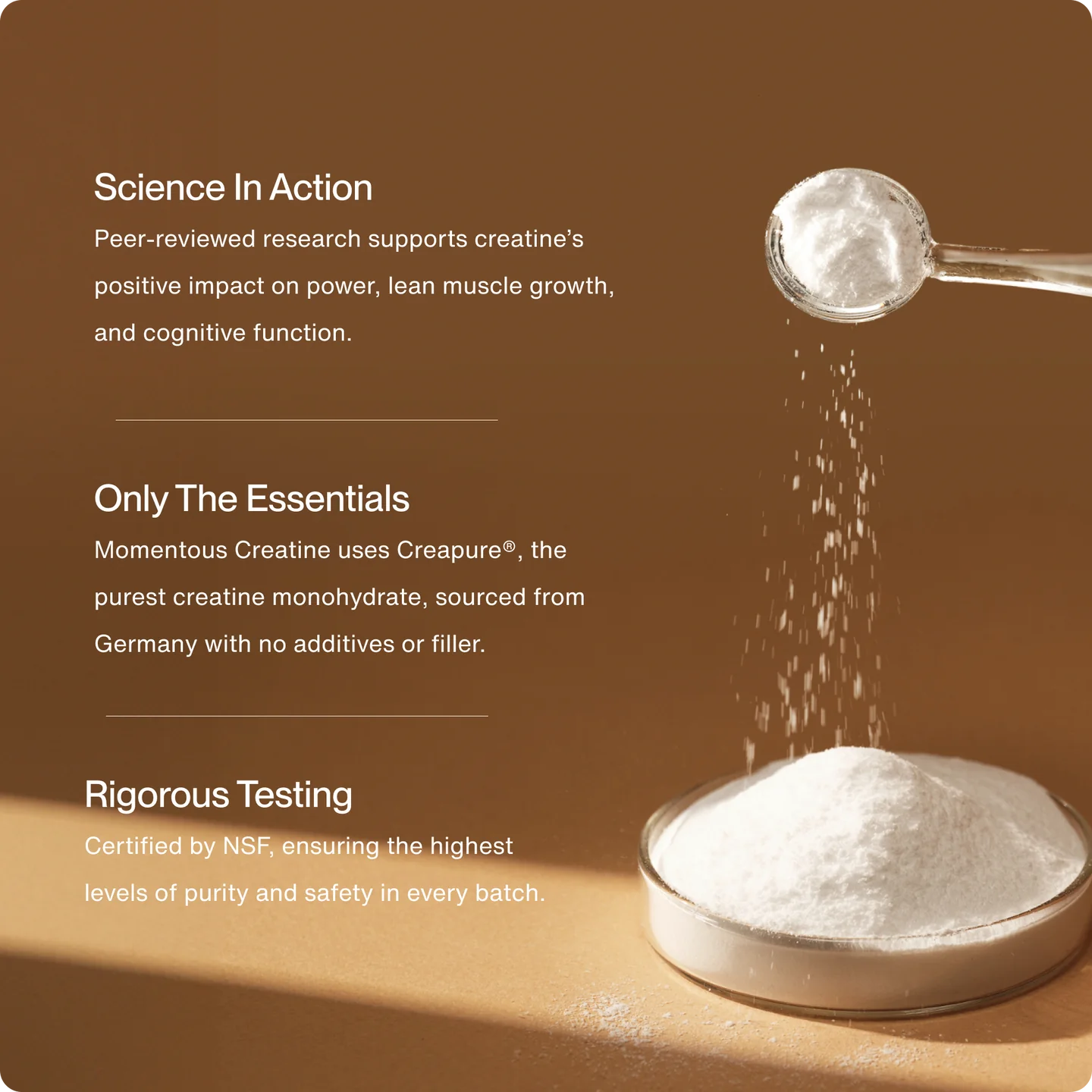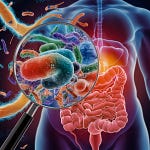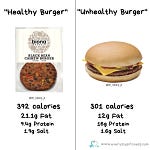Neuro Athletics is a 2 x weekly newsletter that breaks down the medical and scientific practises that you need to perform at your peak. Subscribers include professional athletes, athletic trainers, coaches and casual fans. So if you are not already a subscriber, sign up and join 69,000+ others who receive it directly in their inbox each
Story at a Glance:
Alzheimer’s is not just an aging disease—it’s a midlife metabolic crisis that disproportionately affects women.
The drop in estrogen post-menopause disrupts brain glucose metabolism, increasing vulnerability to cognitive decline years before symptoms appear.
You can take back control with strategic lifestyle interventions: hormone testing, VO₂ max training, sleep optimization, and genetic screening.
Neuro Athletes,
There’s this moment you keep experiencing.
You walk into a room, open the fridge, or glance at your phone—and suddenly you forget why you did it. You pause. Maybe laugh it off. Maybe shake your head. You blame stress, hormones, sleep deprivation. But deep down, something nags at you.
What if this is how it starts?
I want to be very clear: you’re not overreacting. You’re not being dramatic.
And you’re definitely not the only one.
Because Alzheimer’s doesn’t start in your 70s. It starts decades earlier—often silently, long before anyone labels it "cognitive decline." And if you're a woman, the odds are already stacked against you.
Today’s Newsletter Is Brought To You By Momentous
If you’re still thinking creatine is just for bodybuilders, you’re missing the bigger picture.
Creatine is one of the most researched and effective supplements for brain performance, cellular energy, and strength. I use Momentous Creatine daily to support both cognitive function and recovery.
What makes it different? They use Creapure®, the purest form of creatine monohydrate available, with no fillers or additives. It’s NSF Certified for Sport® and trusted by pro teams, military organizations, and elite health professionals.
This is not a trend—it’s a foundational tool for longevity and high performance.
👉 Try Momentous Creatine now at livemomentous.com/neuro and use code NEURO for 35% off your first subscription.
Two out of every three Alzheimer's patients are women.
You don't hear that on the news. You don’t see campaigns about it during Public Health Week.
But you should.
Because this isn’t just a fluke. It’s not random. And it’s not inevitable. It’s what happens when women’s brains are excluded from medical research, policy priorities, and preventive screening guidelines.
Public health has failed to treat cognitive decline as a women’s health crisis. And the result is a generation of women—smart, capable, high-performing—slipping away without understanding why.
We Talk About Breast Cancer. Why Aren’t We Talking About Alzheimer’s?
You’ve likely been told to get a mammogram at 40. You may know the color pink, the walks for awareness, the national month.
Breast cancer is on the radar. It’s emotional. It’s visible. It gets funding, press, and prevention campaigns.
But here’s the uncomfortable truth:
Women in their 60s are about twice as likely to develop Alzheimer’s disease as they are to develop breast cancer.
And yet there is no widespread public health campaign encouraging you to screen your brain.
No national Alzheimer’s prevention protocol for women.
No hormone literacy movement to help you understand how estrogen protects your neurons.
No early detection tools being offered at your OBGYN or primary care visit.
It’s not because breast cancer awareness went too far.
It’s because Alzheimer’s prevention hasn’t gone far enough.
Your mind deserves as much protection as your breasts.
We need to start treating memory loss like the health crisis it is—and fight for brain health with the same energy we’ve given to pink ribbons and 5K runs.
You’re not forgetful. You’re under-informed.
Let me explain what’s actually happening inside your brain during midlife:
When estrogen begins to decline, your brain’s ability to use glucose for energy drops dramatically. That’s a problem, because your brain is one of the most energy-hungry organs in your body—and it runs on glucose.
Combine that with disrupted sleep, rising inflammation, and unstable blood sugar levels—and you have the perfect metabolic storm for cognitive dysfunction.
Add in the ApoE4 gene, and your personal risk isn’t just elevated. It’s exponential.
Most doctors aren’t screening for any of this. And public health guidelines? They’re still treating Alzheimer’s like a mystery that shows up late in life, rather than a slow-moving process that begins in your 40s.
I’ve seen what happens when no one catches it.
She was 58. She had no family history of Alzheimer’s, no prior health issues, and lived what most would call a healthy lifestyle. She was sharp, vibrant, and independent.
Until she wasn’t.
She began forgetting appointments. Struggled to remember names. Then one day, she got lost driving to her daughter’s house—a route she had taken for years.
By the time she reached me, her hippocampus—the memory center of her brain—had already started to shrink. No one had connected the dots between her symptoms and the estrogen crash she experienced during menopause. No one had run the labs. No one had taught her how to protect her brain.
That’s not her failure. That’s ours.

This is what happens when cognitive decline is treated like a normal part of aging.
You are told to track your steps, protect your heart, and screen your breasts. But your cognition? Your memory? Your mental clarity? That’s never prioritized. And by the time you're symptomatic, you’re often dismissed or medicated rather than supported with science-based interventions.
This isn’t about personal responsibility. This is about public responsibility.
About what happens when women’s health is reduced to fertility and menopause—and everything in between is ignored.
But here’s the good news: you can do something right now.
Alzheimer’s doesn’t have to be your story. You can take steps today to reduce your risk, protect your brain, and reclaim control over your cognitive future.
Here’s where you begin:
Test your hormones—especially estradiol. You can’t fix what you don’t measure.
Order the labs no one talks about: fasting insulin, HbA1c, CRP, homocysteine, and ApoE genotype.
Track your sleep, especially deep sleep. That’s when your brain detoxes itself.
Build your VO₂ max. Aerobic capacity is one of the strongest predictors of long-term brain health.
Lift heavy. Resistance training increases BDNF, the brain’s fertilizer.
Control your glucose. If your blood sugar is crashing, so is your cognition.
And most importantly, stop waiting for permission. Prevention doesn’t start with a diagnosis—it starts with awareness.
Let’s ask the hard question.
What if Alzheimer’s is a lifestyle disease—one that public health doesn’t have the courage to name?
What if the greatest risk to women in midlife isn’t breast cancer or osteoporosis, but cognitive decay that no one prepared you for?
What if you're already on the trajectory, and the only reason you don’t know… is because no one bothered to look?
I’m building the future women deserve—one brain at a time.
You don’t have to forget who you are.
💌 Forward this to one woman who needs to hear it.
Because the silence around this issue is no longer acceptable.
And prevention only works if we start talking.
Stay healthy,
Louisa x















Share this post